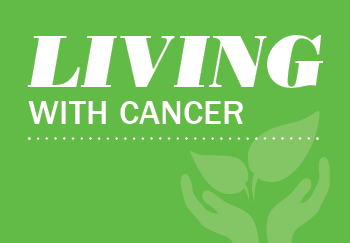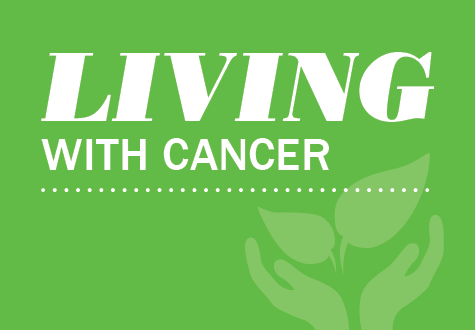
Let’s start with the fact that alcohol and cancer are linked, according to findings by the National Cancer Institute. Studies show that drinking alcohol can actually increase the risk of getting certain cancers, like head and neck cancers, liver cancer, breast cancer and esophageal cancer. When you’re receiving treatment, the American Cancer Society recommends keeping your body as healthy as possible, getting plenty of rest, eating nutritious foods and exercising.
Can I Drink Alcohol During Cancer Treatment?
Alcohol and cancer aren’t always the best bedfellows. The answer is “it depends.” According to the American Cancer Society, alcohol can sometimes clash with chemotherapy, since the liver processes the chemotherapy meds. You might know that alcohol can cause liver inflammation, and this can interfere with the chemotherapy doing its job. Another potential issue is that mouth sores are a common side effect of chemo and radiation therapies, and alcohol (including the alcohol in mouthwash) can exacerbate those mouth sores.
You should never drink heavily, whether you’re in cancer treatment or not. As for moderate alcohol use (up to a drink a day for women, two for men, according to the National Cancer Institute), you’ll definitely want to ask your doctor, who can review the particulars of your cancer therapy and your cancer type, and give an informed opinion. If the treatment doesn’t clash with alcohol use, and your doctor gives the OK, then enjoy a drink on occasion — but keep it in moderation.
Find Emotional Connections
Your well-being requires more than physical attention. Learn about our cancer support groups.
Can I Drink Alcohol After Treatment?
According to the American Society of Clinical Oncology, drinking moderate amounts of alcohol does not seem to increase the risk of breast cancer recurrence, nor does it decrease the survival rate. Alcohol may even have some beneficial effects on the heart. Researchers haven’t found much to indicate that alcohol increases recurrence in other types of cancer, though extenuating circumstances may affect your risk — like your overall health, cancer type and personal risk of recurrence.
Before popping the champagne cork, at least on a regular basis, it’s best to talk to your doctor about whether it’s a good idea for you to drink alcohol during or after treatment. After all, you want to maximize the ability of chemotherapy and radiation therapies to do their jobs, and you want to keep your body in its best shape to fight off cancer and prevent it from returning.
